Sri Lanka’s president will not resign despite protests: Minister
Sri Lanka's President Gotabaya Rajapaksa will not resign despite widespread protests against his handling of the country's economy.
"May I remind you that 6.9 million people voted for the president," Highways Minister Johnston Fernando said in response to opposition criticism.
"As a government, we are clearly saying the president will not resign under any circumstances. We will face this," he added.
Sri Lanka's president revoked a state of emergency after huge public protests demanded he resign over the country's worst economic crisis in history.
Rajapaksa has resisted the calls even after governing party lawmakers said an interim government should replace his.
In the decree Rajapaksa issued on Tuesday night, he revoked the emergency orders that had given him sweeping authority to presumably act in the interests of public security and preserving public order, including by suspending any laws, authorizing detentions, and seizing property.
Gotabaya had been a popular figure among Sri Lanka's powerful Sinhala Buddhist majority, who credit him with ending the country’s 26-year-long civil war in 2009.
However, as the tourism industry — the island-nation’s economic mainstay — declined due to the global COVID-19 pandemic, his popularity waned as well.
Fuel prices have risen by 76 percent since the beginning of the year, sparking protests across the country.
The government is seeking a bailout by asking for its 17th rescue package from the International Monetary Fund. It has also asked for loans from India and China.
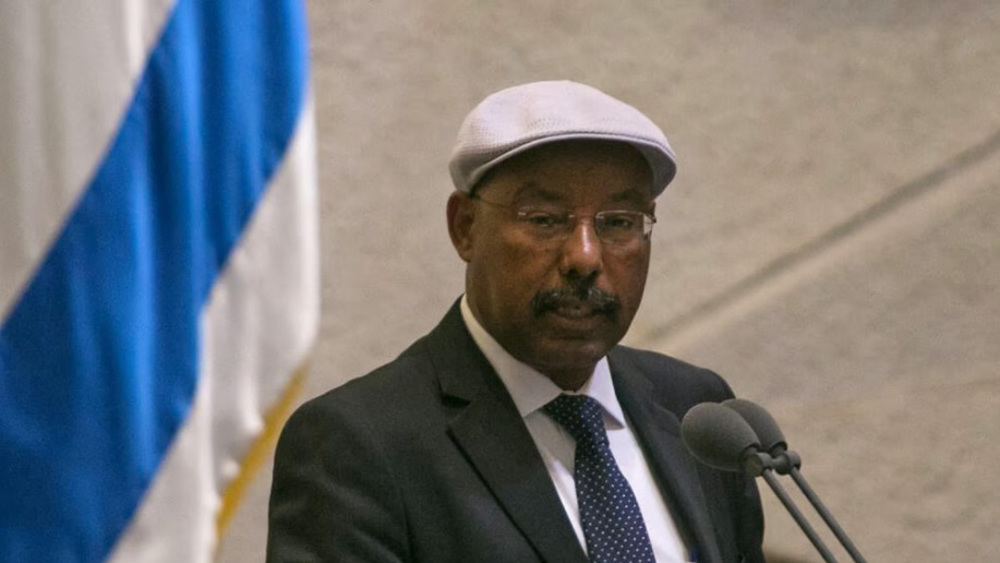
Top Israeli diplomat expelled from African Union summit
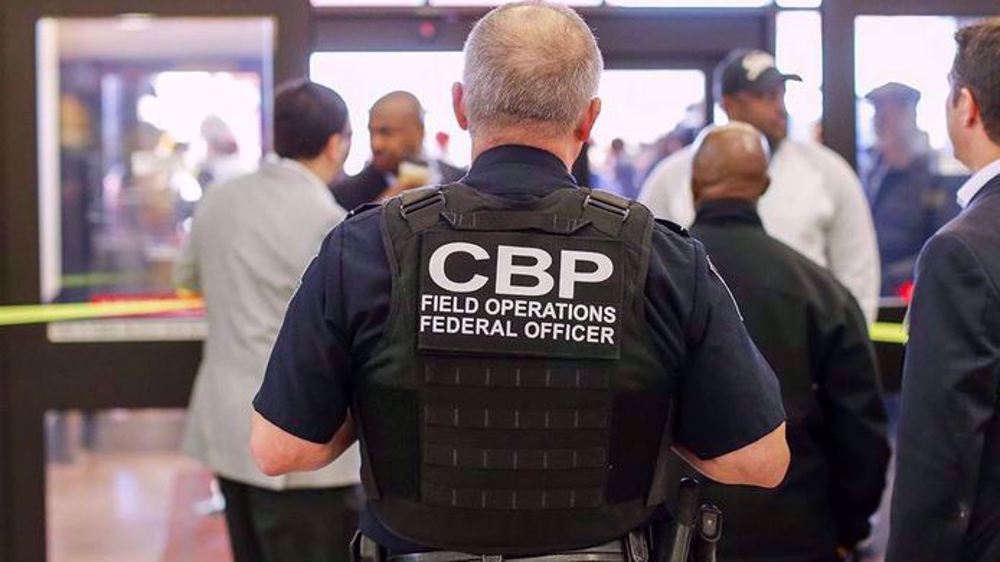
US revokes all visas held by South Sudanese passport holders
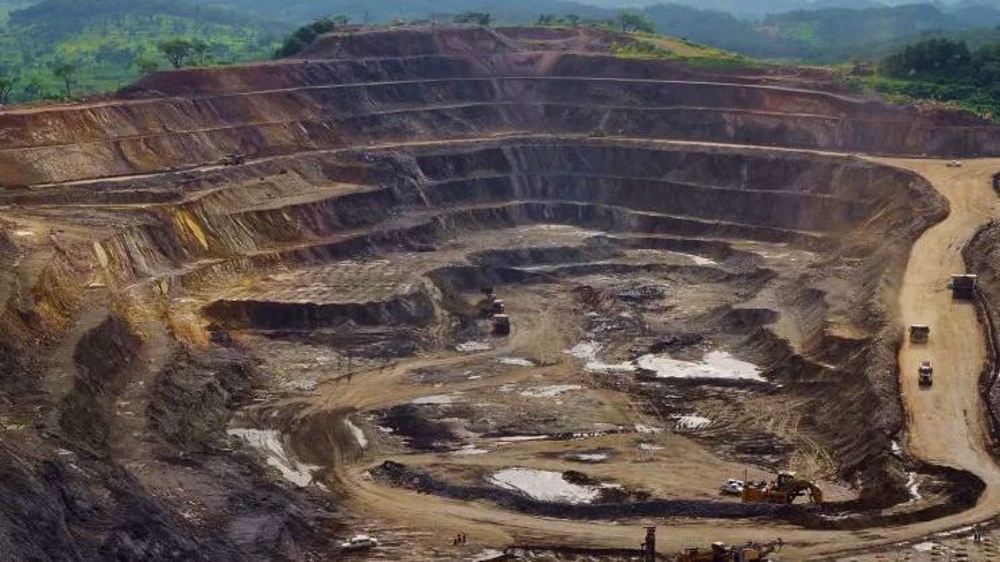
US considering ‘rare earths’ deal with DR Congo: Report
Israel orders 15-day ban on Ibrahimi Mosque director in al-Khalil
More intl. students face deportation amid Trump's crackdown on pro-Palestine activism
Trump's tariffs hitting EU exports to US
Israel mounts deadly attacks on Gaza in defiance of calls to resume truce
VIDEO | Life in Gaza before and after October 7
VIDEO | American warplanes strike Yemen around 30 times in less than a day
Palestinian reporter dies from burns sustained in Israeli strike on journalist tent in Gaza
Araghchi, Trump’s envoy Witkoff to hold ‘indirect’ talks in Oman: Report


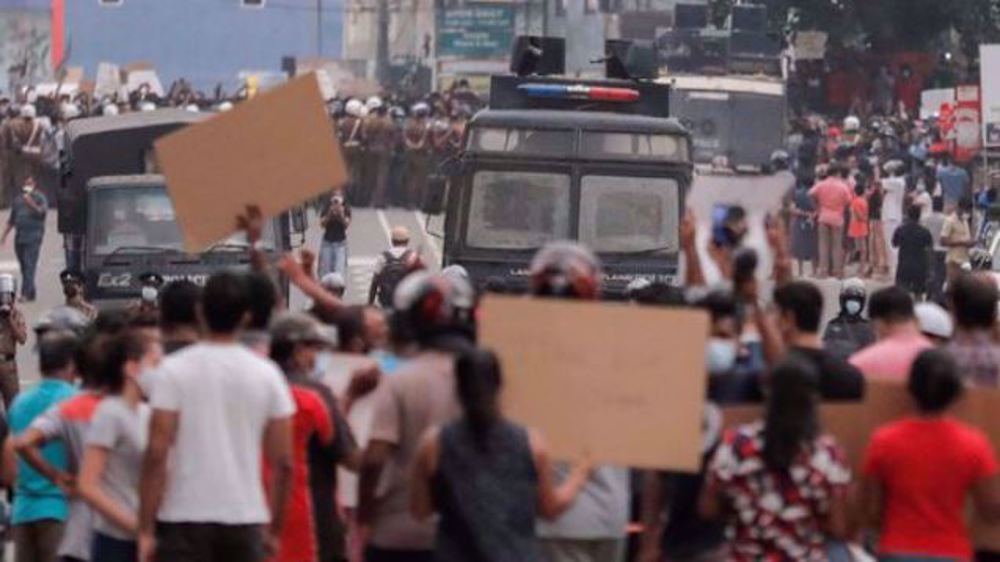



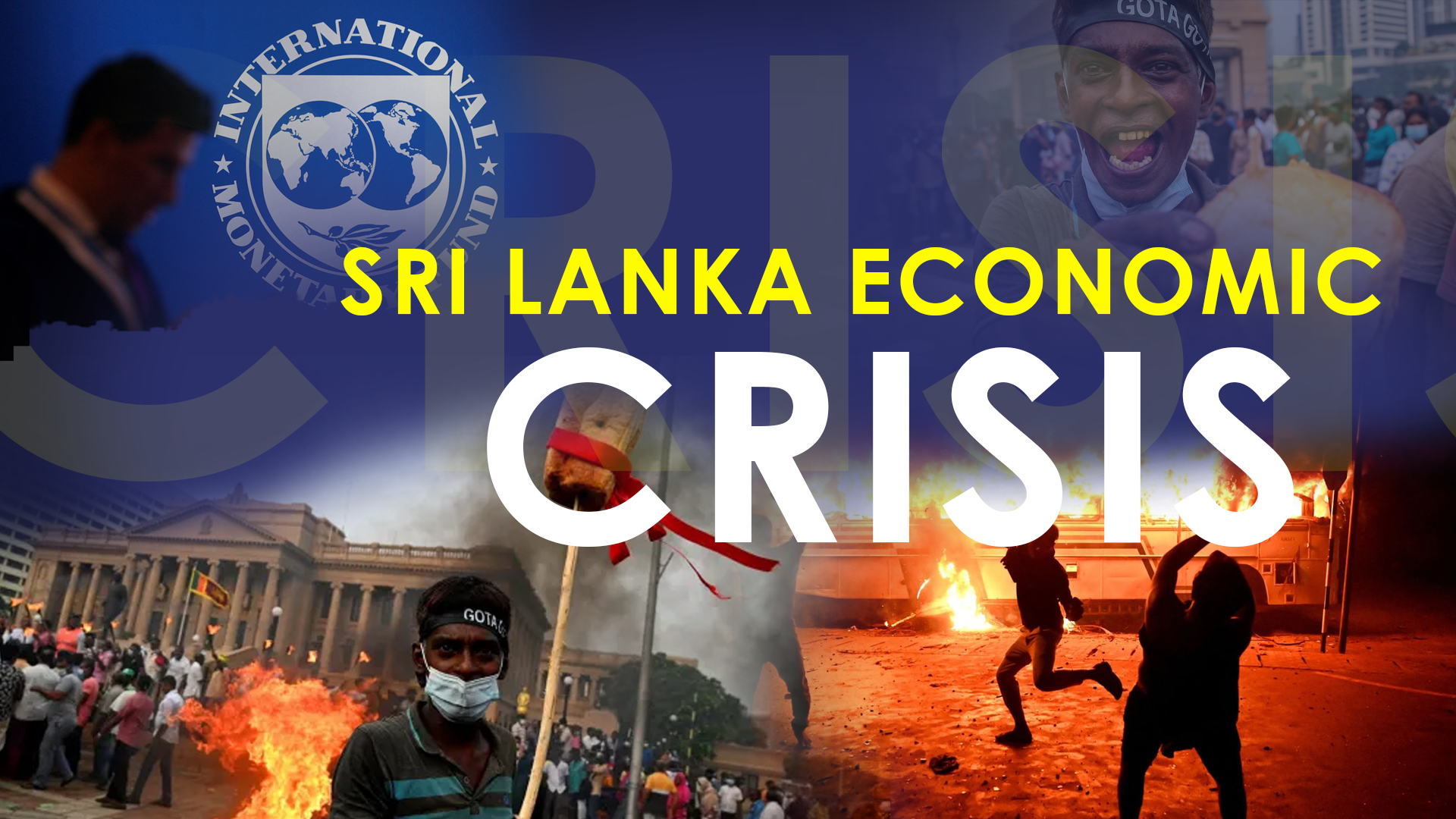
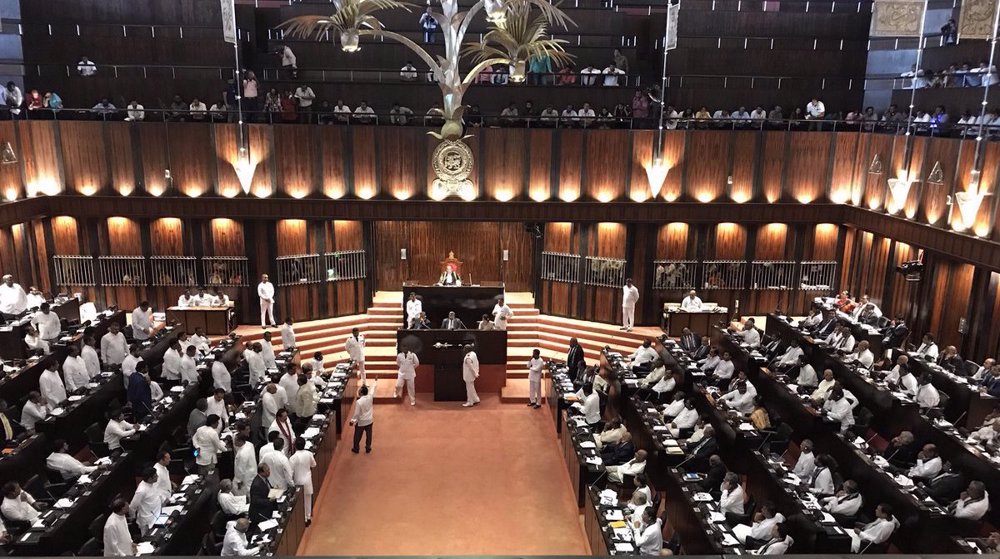
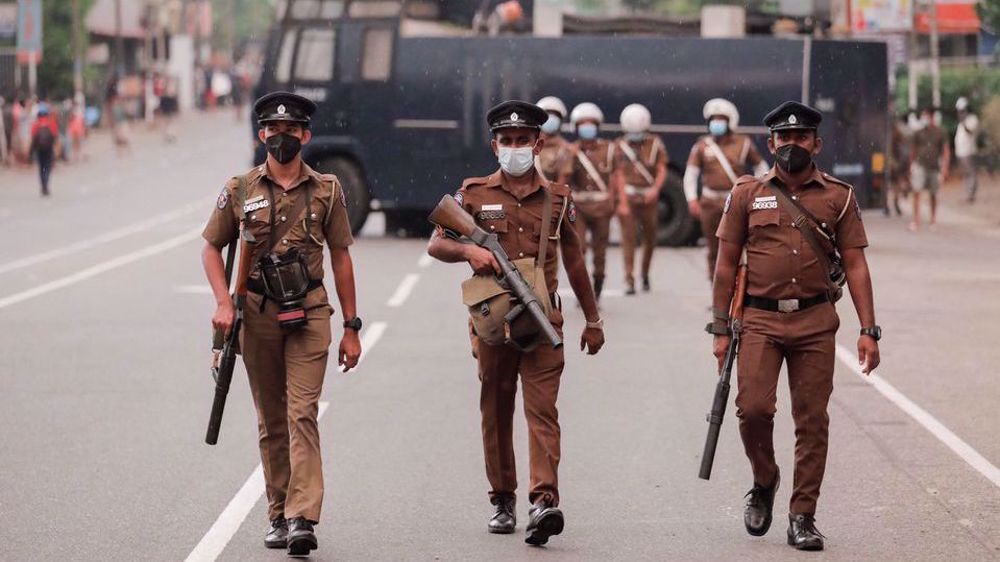
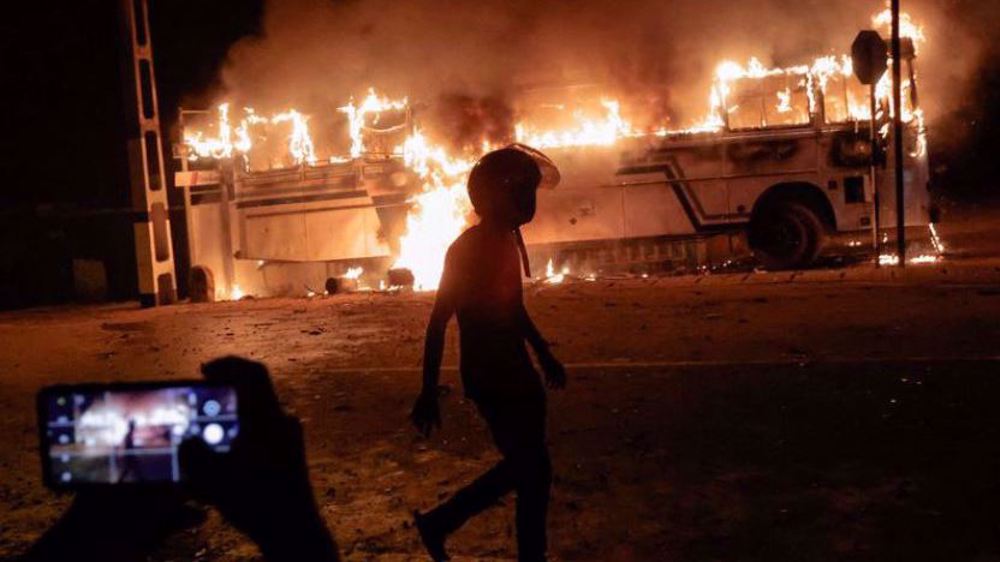
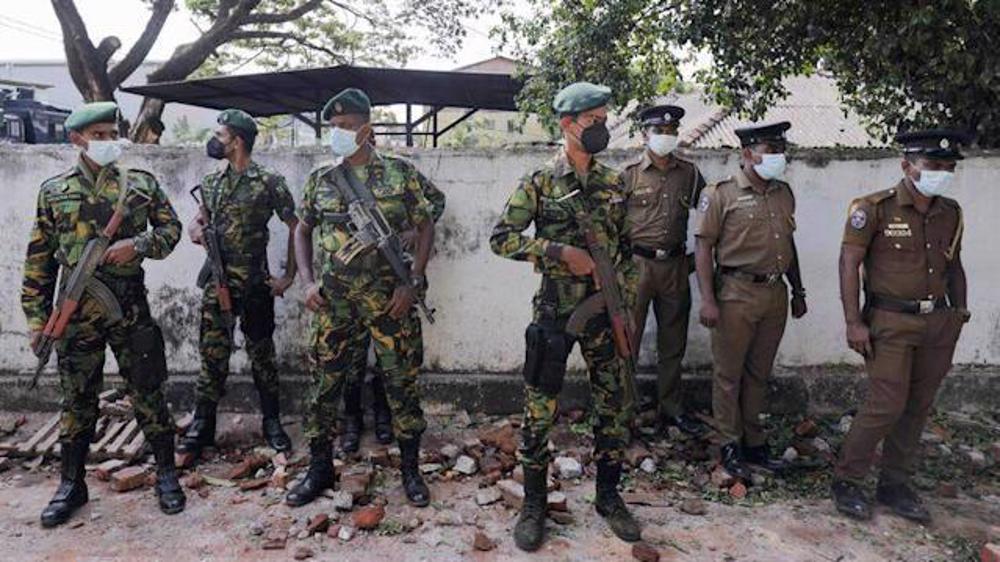

 This makes it easy to access the Press TV website
This makes it easy to access the Press TV website